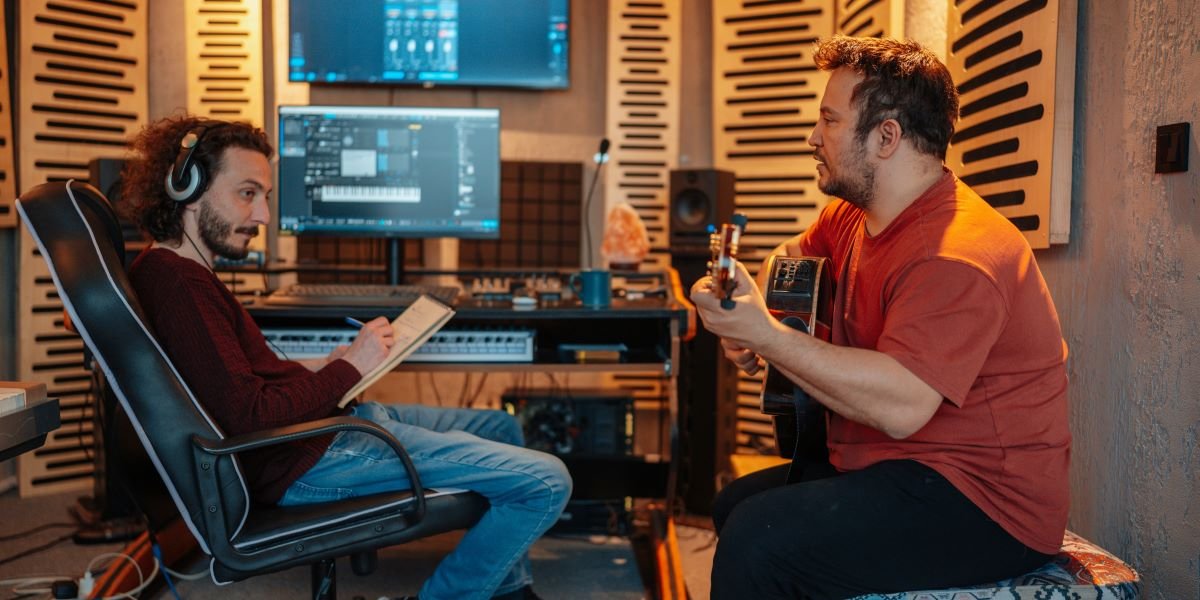As the entertainment industry changes, so should the assessment of AI’s credibility and usability. Steven Beer, a New York Super Lawyers honoree since 2006, shares his insights.
Artificial intelligence, or AI, has become a complete and utter buzzword in the modern age. Every single day, people are now either reading about AI or engaging with it directly (and, in some cases, unknowingly). This new game changing technology has touched practically every single industry, especially entertainment.
Remember the infamous Hollywood strikes of 2023, where writers, actors, directors , and everyone in between protested against major studios about the imminent threat of AI? The original conversation predominantly surrounded the risk of how AI could take away human jobs. Now, the practical applications have evolved, and attorneys like Steven Beer, a partner in the New York office of Lewis Brisbois and a National Chair of the firm’s Entertainment, Media & Sports Practice, have kept their finger on the pulse as people begin to assess the legalities of AI in entertainment alongside a changing industry.
Beer is also an advisor to Producers Without Borders, an international network of leading industry professionals who are focused on garnering multidisciplinary collaborations within the entertainment industry. As part of this organization, Beer outlines where AI stands in entertainment now and how the industry is changing dramatically.
Beer observes that AI has become a double edge sword for some producers and filmmakers. To help manage the financial risk, some producers rely on AI software to analyze market data and past performance to product trends and audience preferences. Also using AI platforms, Producers today can analyze screenplays to assess critical feedback about elements such as emotional intensity, pacing and character development. AI is becoming a producer’s best friend during the development phase of a project, specifically in preparing pitch materials and storyboards. AI helps studio and production entrepreneurs to save money in post production too. Te Brutalist and Emilia Perez, each an Oscar contender, leveraged AI technology to improve the films’ respective vocal and dialogue elements.
Studios and production companies encounter numerous challenges impacting their paths to profit. As this shift is happening, executives hope that AI can be a helpful means to shape content decisions and reduce costs. Lawyers and IP owners have questioned the legality of certain generative AI platforms. These concerns relate to the large language models (LLM), which the software is based and whether the LLM’s were trained using unlicensed copyright materials. These questions are currently being litigated before several federal courts. As film studios are feeling financially stretched as streaming reigns supreme and the continued use of AI in art following the court’s ruling, experts like Beer diligently assess how AI will continue to impact the industry, given that it is in a much different place than it was when the original ruling was held.
“These are the issues we discuss daily. From a legal perspective, there is a primary concern for our client’s copyrights, and how they are being exploited without compensation . Studios, creatives, and tech giants like OpenAI are all hoping to come to a perfect solution, but it’s just not that simple. Studios don’t necessarily want to fight against the growth of AI in their industry because they have been struggling since the strikes, and using this kind of technology does help skim costs. At the same time, copyright holders deserve to be recognized if their information is being leveraged, and the lines can get blurred with AI not being protected by copyright,” he explains.

Representing production companies, financiers, and creatives, Beer lives in a unique school of thought on this issue. He understands all sides of the equation. Studios have been hit financially in the past few years, most notably within the decline of the traditional theatrical release model. Two years after COVID-19, audiences have not returned to the theater except for event tentpole films. Labor disputes and strikes contributed to this disruption. They lost money during the strikes, and now they need some relief. AI does provide positive opportunities for cutting down on certain costs, and contrary to popular belief, Beer sees a world in which the financial savings from AI can be used to fuel stronger creativity.
To learn more about Steven and to order his book, “Your Child’s Career in Music and Entertainment” visit his website. You can also find more on Steven’s background on Lewis & Brisbois’ website.
Published by Joseph T.













